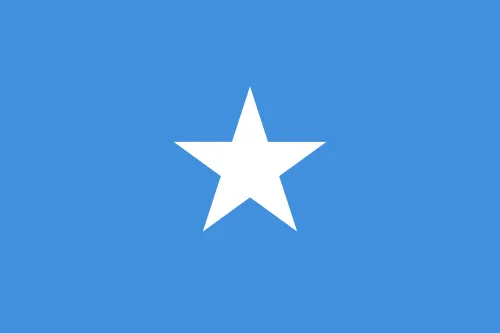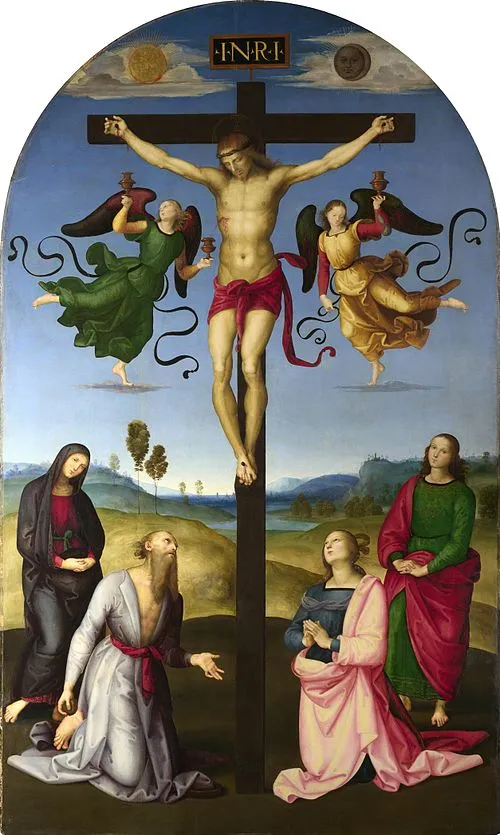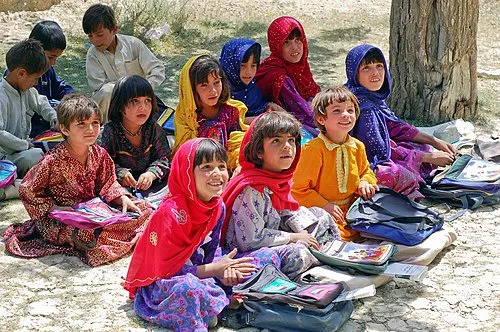
Celebrating Independence Day: A Glimpse into Somalia's Journey
Independence Day in Somalia is celebrated on July 1st each year, commemorating the union of the two territories known as British Somaliland and Italian Somaliland, which merged to form the Somali Republic in 1960. This date holds immense significance for the Somali people, symbolizing their quest for freedom, unity, and national identity.
The Historical Context of Somalia’s Independence
To truly appreciate the significance of Independence Day, one must delve into Somalia's colonial history. British Somaliland was a protectorate of the United Kingdom, while Italian Somaliland was a territory of Italy. After the end of World War II and the withdrawal of colonial powers, a push for independence emerged, culminating in the unification of the regions. The successful merging of these two territories marked a new era for the Somali people and their aspirations for self-governance.
Celebrations and Traditions
The celebrations on Independence Day are vibrant and filled with national pride. In major cities like Mogadishu, residents participate in parades, cultural performances, and various community events. Traditional Somali music and dance are integral to these festivities, showcasing the rich heritage and cultural diversity of the Somali people. On this day, the national flag is prominently displayed, and many wear clothing that features the colors of the Somali flag, which are blue and white.
The Role of Independence Day in National Identity
Independence Day is more than just a national holiday; it serves as a reminder of the collective struggles and sacrifices made by past generations to achieve freedom. It fosters a sense of unity among Somalis, regardless of clan or region, encouraging them to come together to celebrate their national identity. This day also serves as an important platform for reflecting on the nation's progress and envisioning a prosperous future.
Challenges Faced Post-Independence
Despite the initial promise of independence, Somalia has faced numerous challenges, including political instability, civil war, and economic difficulties. However, the spirit of Independence Day persists as a call to action for fostering peace and reconciliation within the country. Many community leaders and activists utilize this day to advocate for improved governance, social justice, and sustainable development.
The Future of Somalia on Independence Day
As Somalia moves forward, Independence Day remains a beacon of hope. Young Somalis are increasingly engaged in efforts to promote stability and development in their communities. Initiatives aimed at education, entrepreneurship, and civic participation are crucial for shaping a future that honors their heritage while embracing modernity. The significance of July 1st transcends mere historical commemoration; it embodies the aspirations of a nation striving for resilience and progress.
Conclusion
Independence Day is a testament to Somalia's enduring spirit and resilience. It serves as a reminder of the importance of freedom and unity in the face of adversity. As Somalis celebrate this day, it is essential to reflect on the lessons learned from the past and work toward a sustainable and peaceful future for the nation.






